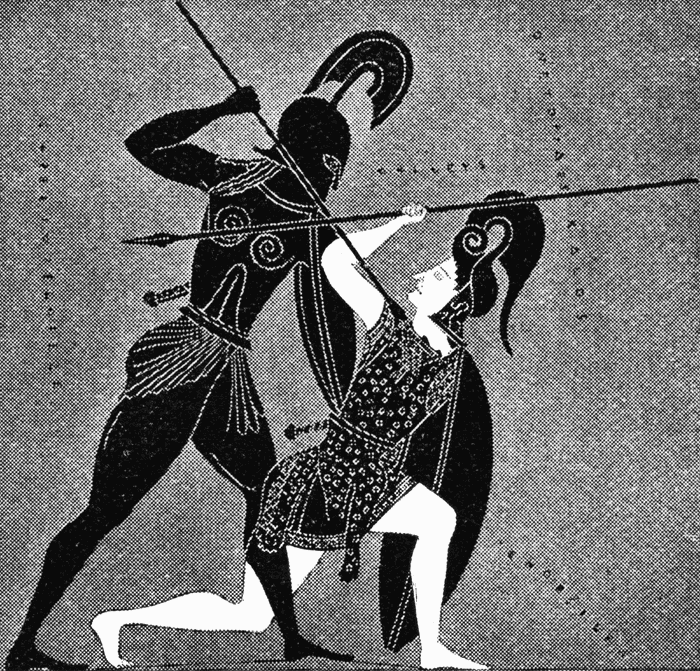Tag Archives: Antigone
by Anya Leonard “My nature is to join in love, not hate” – ‘Antigone’ in Sophocles Antigone. Maybe it’s no surprise then that this individual found herself on the wrong side of the state. The powers that be probably didn’t appreciate either, that this adversary came from the oppressed class, one of the current underdogs of
The Unlucky Seven Against Thebes
Seven warriors killing seven other soldiers in front of seven gates. You’d think that story would forever condemn the number to enmity. But Aeschylus’ Seven Against Thebes makes no comment on the conspicuous symmetry of the legend’s numeral element. Maybe the seven city portals warranted warriors to both attack and protect them. Unfortunately if you are seeking
Oedipus at Colonus: The Tale of Two Ancient Deaths
And so it comes to be, that all men must die. Yes, even the old ones. The great poet and dramatist, Sophocles, was approaching his own end when he imagined the glorious finale of the tragic figure, Oedipus in Oedipus at Colonus. This play is thought to be Sophocles’ final one because it was first produced
Women in Antiquity
By Ben Potter The idea that women in antiquity were housebound is obviously ridiculous… and, paradoxically, true. That is to say, the ‘ideal’, in ancient Athens certainly, is that a woman should be neither seen nor heard, but pervade an aura of feminine invisibility. For example, Pericles (reported by Thucydides) addressed the women of Athens
A Tradition of Thumos

1. What Is Thumos? The first thing we should point out is that there is not an exact translation for thumos. The general understanding of the word is that it refers to “spirit” or “spiritedness”. However the implications of this term are far more important and far more complicated than what is suggested by such








